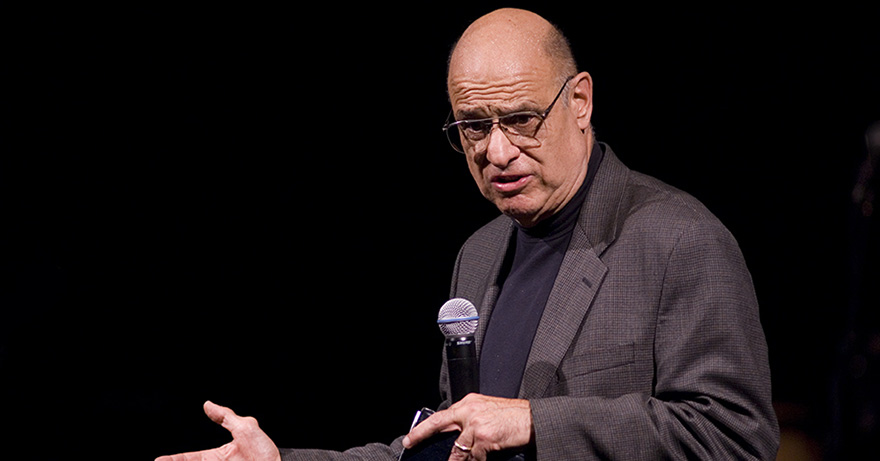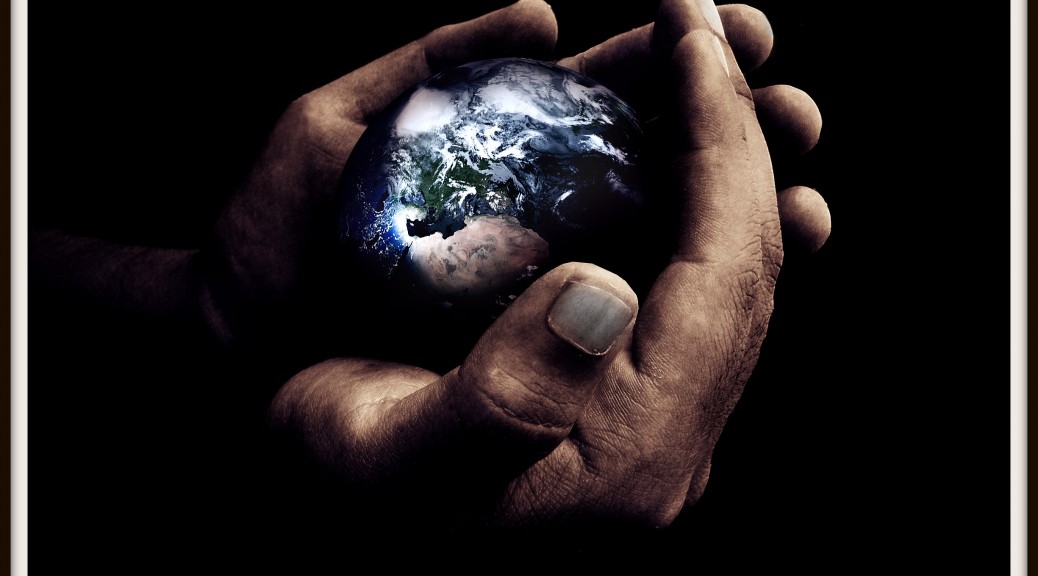The last few weeks since the Supreme Court in America approved same sex marriage, and Ireland voted to do the same, there has been a lot of conversation (ok, mainly argument) on all forums and social media platforms. Rightly so. This is a massive shift in society.
Some people have asked me why I have made such a big deal of it, and why I am “pushing” the issue so hard. The reason is simple. I grew up in a very conservative part of the Christian tradition. I was taught that I was part of a chosen group who were going to live in Paradise, and everyone else was hated by God and would suffer for eternity. If you don’t think about it too much, there’s comfort in being part of the chosen. When you apply your mind to it, though, it’s a horrifying mindset. It actively creates “us vs them” divides at every level.
This is not what I see in the life and teachings of Jesus, who stands at the centre of my religion. I see someone who breaks down these “us verses them” divides at every opportunity. He does it across all sorts of lines: race, culture, economic status, politics, religion and sexuality.
So now that the church is confronted by such a radical shift in societal norms, we have an opportunity to re-form our churches too. It’s a key moment in history, and we must grasp it. You probably won’t hear this in your church this week, but you should: “let’s do this now”.
It is incredibly hard for someone who has grown up their whole life not just believing that homosexuality is a sin, but also that gay people are actually disgusting and despised by God to see what is now happening around the world. Acceptance of homosexuality as normal must be incredibly difficult – and for some, a sign of how badly messed up the world is.
It is wonderful to see some of these people beginning to confront their personal distaste of the “gay lifestyle” and argue for a church that should be accepting of LGBTQI people, and welcoming. That’s an important and necessary first step. But it’s not enough. Not nearly enough.
For those who believe that the Bible affirms same sex marriage, we cannot stop and applaud this half way step. It is going to bring more pain and suffering very soon. If you believe that “being gay” is a sin in itself, then you are only going to find pain in a church. And churches that welcome LGBTQI people but still believe that “being gay” is sinful are going to cause deep and abiding harm to people. LGBTQI people who attend those churches will be second class citizens, will be prohibited from leading, serving and exercising their spiritual gifts and calling. They will be broken down, not built up.
Continue reading Don’t stop now: It’s not enough for churches to just “welcome” gay people








